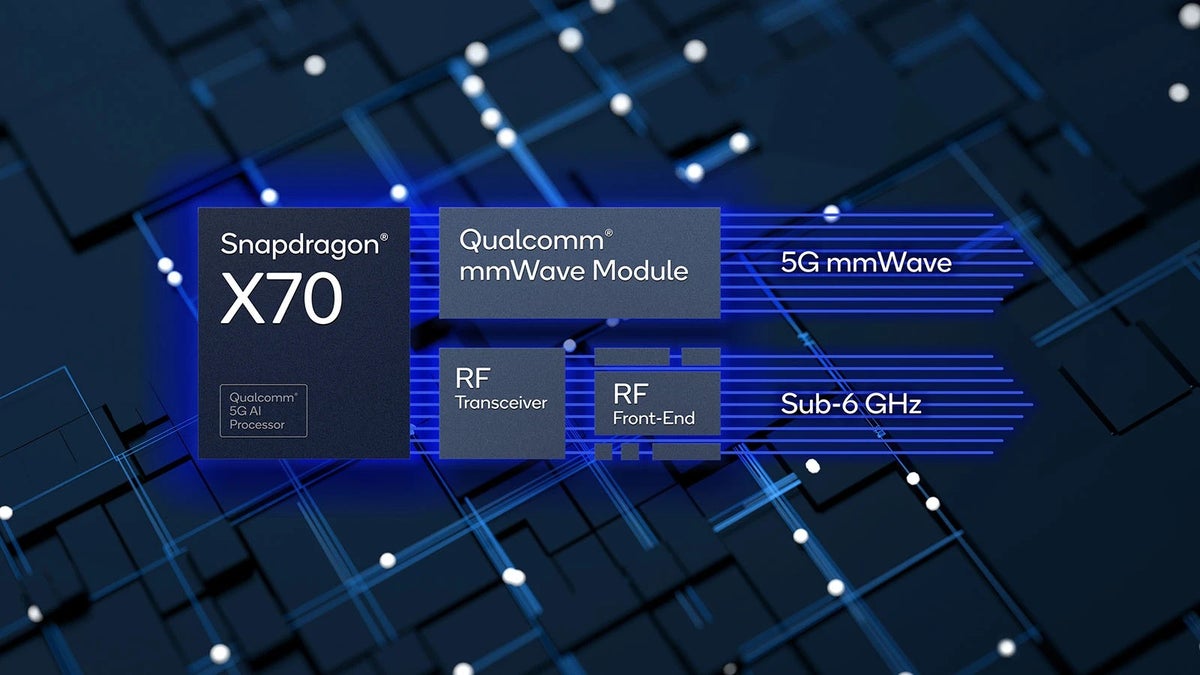The Galaxy S23 will only be powered by Snapdragon on Samsung Exynos 5G modem issues
We may earn a commission if you make a purchase from the links on this page.

While the breakdown of the Galaxy S22 series processors went something like 70% for Qualcomm's Snapdragon line to 30% for Samsung's Exynos brand, the Galaxy S23 will be exclusively powered by Snapdragon, reveals famed analyst Ming-Chi Kuo.
That's the second time we are hearing that Samsung will go Snapdragon all the way, after a Korean publication tipped back in the spring that Samsung won't use Exynos for both the S23 and the next S24 series.
Mr. Kuo, however, reveals the reasoning behind this change of heart turns out to be far from throttling or thermal management issues of the upcoming Exynos 2300 chip that is supposed to go into the S23, but rather Qualcomm's superior 5G modem integrated with the upcoming SM8550 (likely to be called Snapdragon 8 Gen 2) chipset that can hardly be replicated by anyone at the moment.
All Galaxy S23 models could come with Snapdragon X70 5G modem
At the MWC 2022 expo, Qualcomm announced the next generation of its award-winning 5G modem technology, the Snapdragon X70. Built on the 4nm fabrication method of TSMC, the Snapdragon X70 will be in the Galaxy S23 and other 2023 flagships, yet it will be sampling to customers in the second half of the year, and phones with the next-gen 5G connectivity will be on the market by year's end.
Instead of upping the Gigabit download speeds as it did with the previous Snapdragon X65, X60, X55 and X50 generation, Qualcomm decided to stick with the 10 Gigabit rating of the modem that is currently in phones like the Galaxy S22 series, and instead focus on decking the new modem out with extra features and AI capabilities. Qualcomm says that this is the the world’s first 5G AI processor in a modem-RF system. Here's what the new X70 AI module do, according to Qualcomm:
- Snapdragon X70 unleashes advanced capabilities such as Qualcomm 5G AI Suite, Qualcomm 5G Ultra-Low Latency Suite, Qualcomm 5G PowerSave Gen 3 and 4X
- sub-6 carrier aggregation to achieve unmatched 5G performance.
- Harnessing the power of AI to enable breakthrough 5G speeds, coverage, low latency and power efficiency to fuel the 5G Connected Intelligent Edge
- World’s only comprehensive 5G modem-RF system family capable of supporting every commercial 5G band from 600 MHz to 41 GHz, offering flexibility to OEMs for
- designing devices capable of supporting global operator requirements
- Unmatched global band support and spectrum aggregation capabilities including world’s first 4X downlink carrier aggregation across TDD and FDD, mmWave-sub-6 aggregation
- Standalone mmWave support to allow MNOs and service providers to deploy services such as fixed wireless access and enterprise 5G, without needing sub-6 GHz spectrum
- Unmatched uplink performance and flexibility with uplink carrier aggregation and switched uplink support across TDD and FDD
- True global 5G multi-SIM including Dual-SIM Dual-Active (DSDA) and mmWave support
- Upgradeable architecture allowing rapid commercialization of 5G Release 16 features through software updates
Apple is trying to develop a 5G modem chip of its own, but has run across Qualcomm's suite of insurmountable patents around the technology, for instance. Samsung, says Mr. Kuo, can't technologically match the upcoming flagship 5G modem in the SM8550 chip that is made by TSMC on its frugal 4nm method, both in performance, and in power efficiency.
This is why it may ultimately decide to simply go with the Snapdragon 8 Gen 2, or whatever Qualcomm calls it, and continue ironing out the kinks of its own 5G chipset. The big winner here is, of course, Qualcomm, which will sell many millions of high-end Snapdragon SoCs than it would have if Samsung threw Exynos 2300 in the mix.
"Qualcomm/SM8550 will gain more market share in the high-end Android market in 2023. The economic recession affects the high-end market less, so the market share gain will significantly benefit Qualcomm and TSMC," tips Ming Chi-Kuo and now the only thing left for us to do is wait and see what the future holds for Samsung's Exynos.
Will you be happy if Exynos processors disappear from the Galaxy S series?
Yes
69.04%
No
11.19%
I don't care
19.77%
Follow us on Google News













Things that are NOT allowed:
To help keep our community safe and free from spam, we apply temporary limits to newly created accounts: